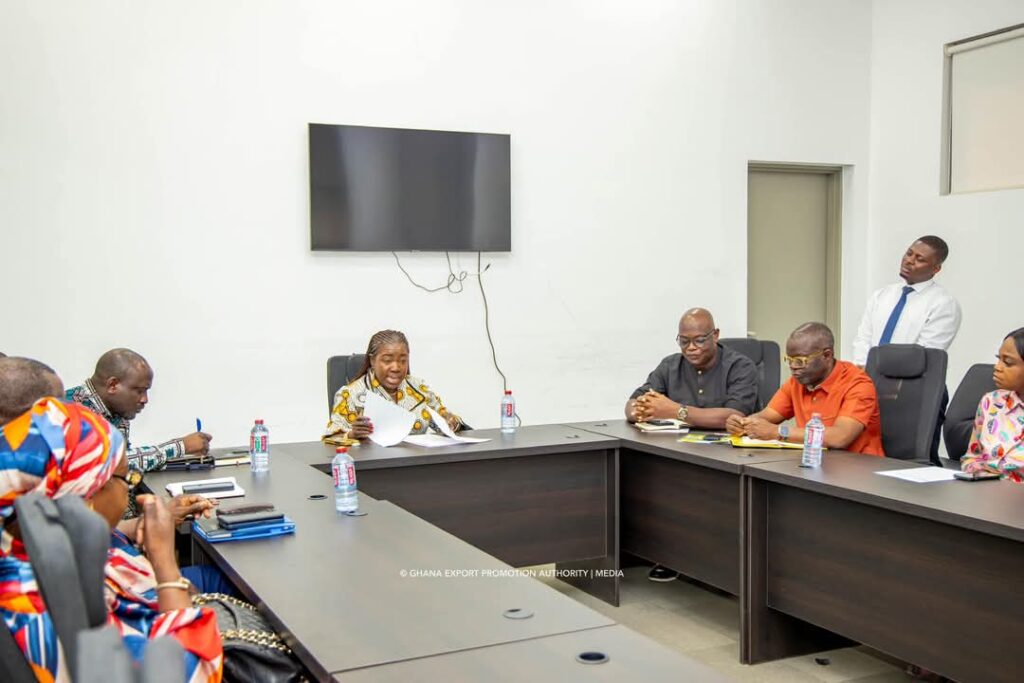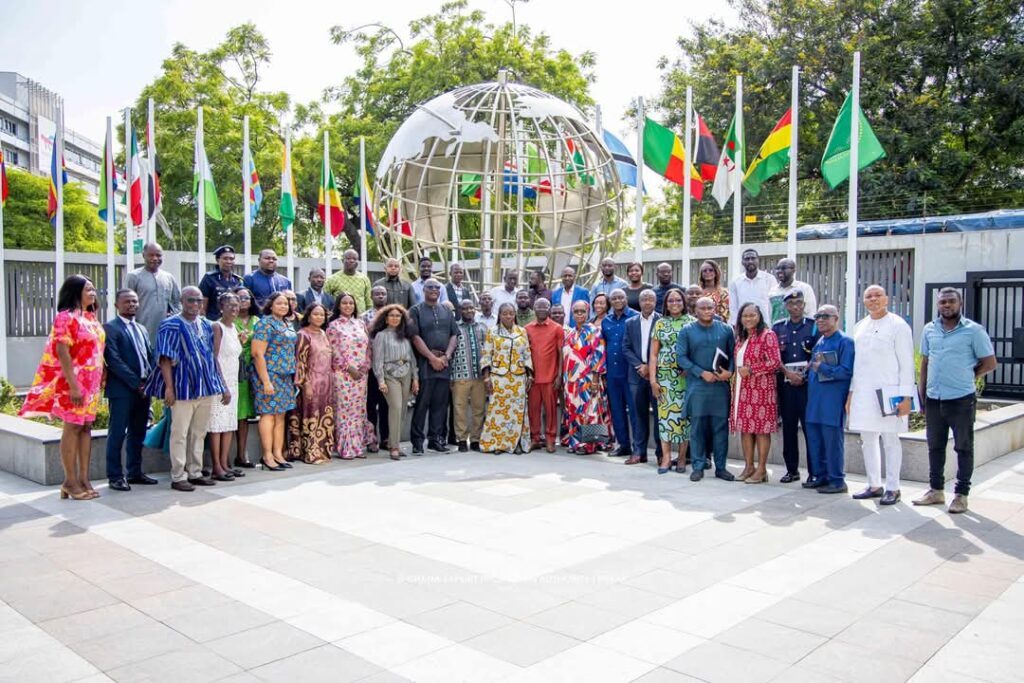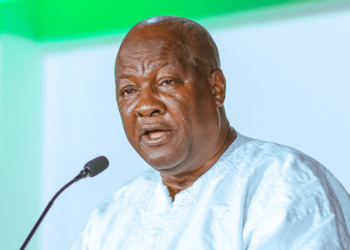Ghana’s export sector is facing a critical moment following the imposition of a 10% tariff by the United States on selected Ghanaian products.
The Ghana Export Promotion Authority (GEPA), under the leadership of its Chief Executive Officer, Mr. Francis Kojo Kwarteng Arthur Esq., has moved swiftly to engage stakeholders in a high-level dialogue convened by the Ministry of Trade, Agribusiness and Industry to chart a path forward.
Held in Accra, the engagement brought together exporters, trade associations, and policy leaders to deliberate on how Ghana can respond to what many see as a serious setback to years of trade diplomacy and export growth.
“This 10% tariff may not reduce demand immediately,” one exporter observed during the meeting, “but it could squeeze the lifeline of producers and trade houses. Our fear is whether U.S. buyers will still be interested, especially in premium products.”
With non-traditional exports like cocoa derivatives, apparel, and other goods directly impacted, “the implications cut across multiple value chains.”
“The United States has long been one of Ghana’s most strategic trading partners, with export figures to the U.S. reaching approximately USD 788 million in 2023, according to the International Trade Centre”
GEPA

The new tariff, therefore, comes at a time when exporters had begun gaining firmer ground in competitive U.S. markets, GEPA noted.
Mr. Arthur’s presence at the event signaled GEPA’s recognition of the seriousness of the situation. He reaffirmed GEPA’s mandate to support exporters and position Ghanaian products for “global competitiveness.”
“GEPA exists to be the backbone of Ghana’s export development efforts,” Mr. Arthur stated.
He explained that these challenges were to serve as a reminder for why Ghana must double its innovation efforts, “diversify its products and markets, and ensure our exporters have the right support systems to thrive globally.”
Crisis into Opportunity
Ghana’s Minister for Trade and Industry, Hon. Elizaberth Ofosu-Adjare, speaking at the event, acknowledged the economic strain that could follow the U.S. decision but called on the country to use the moment to rebuild from within.
“We must use this moment to build our domestic demand and grow our industry so it can compete globally”
Hon. Elizaberth Ofosu-Adjare, Minister for Trade and Industry
She further argued that Ghana must learn from other countries that have managed to “retain investor confidence” through strategic tax regimes and stable business environments.
“Let’s learn what others are doing to keep investors from leaving. We must protect our space and make Ghana attractive and competitive”
Hon. Elizaberth Ofosu-Adjare, Minister for Trade and Industry
Referencing the African Continental Free Trade Area (AfCFTA), the Minister reiterated the importance of regional cooperation to reduce over-reliance on volatile international markets. “Let’s not miss this opportunity to trade among ourselves. AfCFTA gives us that chance.”

Strategic Steps
As the meeting progressed, several key proposals were raised.
These included strengthening domestic industries such as Association of Ghana Apparels Manufacturers (AGAM) to “limit external dependencies, reducing port charges, offering exporters a more equitable tax framework,” and supporting them with market intelligence and certifications to “boost competitiveness.”
“The consensus among participants was that GEPA’s role must now expand beyond promotional activities to include policy advocacy and cross-sectoral coordination”
GEPA
This would help align Ghana’s export ecosystem with both current realities and future aspirations under the government’s renewed economic vision. The Trade Ministry also called for intensified trade missions and regional exhibitions as tools to boost intra-African trade.
With the new administration prioritizing the private sector as a driver of transformation, the new tariff challenge is likely to sharpen national efforts to recalibrate Ghana’s position in global and regional trade.
“These are the moments that define export resilience,” Mr. Arthur noted. “Our response must be swift, strategic, and united.”
With the 10% tariff already in effect, GEPA’s intervention comes at a crucial time.
What remains now is whether Ghana can convert this setback into an opportunity to not only protect its existing markets but also to unlock new ones across Africa and beyond.
READ MORE: BoG Charts New Course with Risk-Sensitive Regulation Framework







